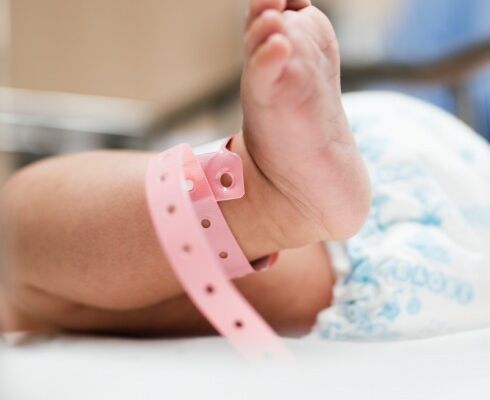The birth of a child is usually a joyous occasion for parents but for some this is not the case. What if a child is born when the parents have done all they can to ensure that they would never become parents by taking advice and/or undergoing medical procedures but the advice or procedure was carried out negligently? This leads us to the uncomfortably named subject of ‘wrongful birth’.
‘Wrongful birth’ is a legal term used to describe a birth of a child who would not have been born but for negligent treatment. This could involve a negligently performed sterillisation or vasectomy, negligent advice regarding contraception or a failure to diagnose/advise of an unborn child’s disability, thus preventing the child’s parents from making an informed decision about the birth or a lawful termination of the pregnancy.
While this is a relatively new area of law, it is established by two House of Lords decisions in McFarlane v Tayside Health Board [2000] and Rees v Darlington Memorial Hospital NHS Trust [2003]. One of the most commonly argued issues in respect of claims for wrongful birth is in relation to the level of compensation claimed.
Essentially, the case law has dealt with three types of claim in this area.
Firstly, a claim for compensation in respect of the costs of caring for a child born as a result of an unwanted pregnancy or birth, or the losses resulting from having to bring up the child. Courts would not normally allow anything for the costs of bringing up a healthy child. In the case of a disabled child, the Court will usually allow the additional costs of bringing up the child, where those additional costs are consequent upon the disability.
Parents can also claim a conventional award, currently in the region of £15,000, to compensate them for the loss of freedom to limit the size of their family.
Secondly, a claim by the mother for compensation in respect of personal injury suffered as a result of the pregnancy and labour, and any incidental consequential losses and expenses arising as a result.
This is the most common type of claim brought in respect of a wrongful pregnancy/birth case, and the Court will award an amount of damages to reflect the pain and suffering of the mother and any incidental consequential losses and expenses incurred. Interestingly, any loss of earnings suffered by the mother as a result of caring for the child is not recoverable, unless the loss of earnings occurred as a result of the mother being incapacitated as a result of the labour and its complications.
The general damages for pain, suffering and loss of amenity will vary and be decided on a case by case basis. The recommended amount in a straightforward case (with no physical or psychological complications) is generally in the region of £5,000.
Finally, there is a possible claim by a disabled child for damages in respect of its disabilities, known as a wrongful life claim. Regrettably, the current law does not allow damages under this head of claim. The parents, however, can bring action as mentioned above.
As the law continues to evolve, in theory it is still possible to bring a case pursuant to the Human Rights Act 1998 and Article 8 of the European Convention on Human Rights, in order to establish the appropriate precedent on the above heads of claims, including, the costs of caring for or maintaining the healthy child born as a result of the wrongful birth.
If you would like legal advice on any complications surrounding pregnancy or labour, including claims for wrongful pregnancy and wrongful birth, please click here to contact us.
Paulina Pulawska, Clinical Negligence Solicitor
Waldrons Solicitors
